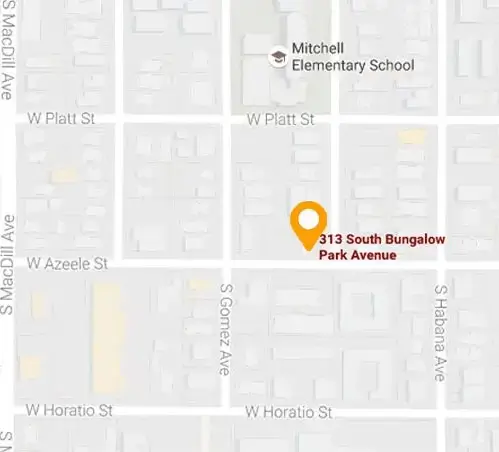Dividing net worth in a divorce can feel like unraveling a tangled knot. It’s complicated, emotional, and often overwhelming. In simple terms, net worth is everything you own minus what you owe. This includes bank accounts, homes, cars, retirement accounts, and even debts like credit card balances or loans. Splitting it fairly during a divorce depends on many factors, including the laws in your state and the unique details of your marriage.
Community Property vs. Equitable Distribution
The way net worth is divided depends largely on where you live. Some states follow community property laws, while others use equitable distribution. Community property states, like California and Texas, treat most assets and debts acquired during the marriage as shared. This means everything is usually split 50/50. Equitable distribution states, like Florida, take a different approach. They aim for a fair division, which doesn’t always mean equal. A judge looks at factors like income, contributions to the marriage, and future financial needs to decide what’s fair. It might not always seem fair at first glance, but the goal is to consider the full picture.
What Counts as Marital Property?
Marital property includes anything earned or acquired during the marriage. This could be a family home, a joint bank account, or even a business started together. Separate property, on the other hand, includes assets owned before the marriage or inherited during it. For example, if someone inherited a house from their parents, that house might remain their separate property unless it was used as a shared marital asset. Think about this: if you used an inheritance to renovate the family home, the lines between separate and marital property can blur. When that happens, disagreements during a divorce are almost guaranteed.
How Are Debts Divided?
Debt is an important part of net worth. Just like assets, debts are divided in a divorce. In community property states, debts acquired during the marriage are shared, even if only one person’s name is on them. Imagine a credit card used by one spouse but opened during the marriage. That could be considered joint debt. In equitable distribution states, a judge decides how debts are divided based on fairness. This often depends on who incurred the debt and why. It’s easy to see how this can spark tension, especially if the debt was tied to something like gambling or an expensive purchase one spouse didn’t agree on.
The Role of Valuation
Before dividing net worth, everything must be valued. This includes homes, businesses, retirement accounts, and even personal property like jewelry or art. Valuation is a critical step. For example, a business owned by one spouse may need a professional appraiser to determine its worth. Retirement accounts might require financial experts to calculate their value, considering taxes and penalties. Without accurate valuations, dividing net worth fairly becomes almost impossible. It’s like trying to split a pie without knowing how big it is. Sure, it takes time, but it’s a step that can save a lot of headaches later.
Historical Reference: King Solomon’s Wisdom
The story of King Solomon’s wisdom often comes to mind in divorce cases. When two women claimed to be the mother of the same baby, Solomon suggested splitting the child in two. One woman offered to give up her claim to save the child, revealing her true maternal bond. Divorce courts don’t deal with such dramatic scenarios, but the principle remains. Fairness and careful consideration guide the process. It’s not always perfect, but the goal is to reach a solution that works for everyone involved.
Splitting net worth in a divorce is rarely simple. It involves understanding your state’s laws, valuing assets, and addressing debts. Emotions often run high, and the process can feel overwhelming. But knowing the basics helps. Whether you live in a community property state or an equitable distribution state, the goal is to divide assets and debts in a way that’s fair. If you’re facing a divorce and need help navigating this process, visit Sparkman Law Firm. The right guidance can make all the difference in protecting your future.









